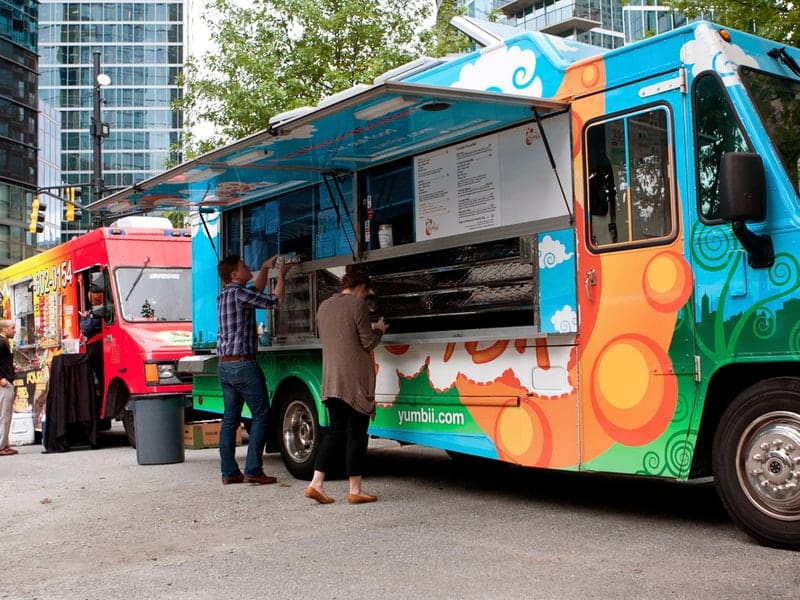Does Your Startup Need A Car? Here Are Considerations

Look around, and you’ll see that a lot of businesses today operate with the help of a vehicle – a car, van, or truck. Whether it’s a small startup business or a medium-sized agency, we can’t deny the fact that a vehicle is an essential addition to the equipment used by many companies to function and perform what they need to do.
As a startup business owner, you want to know if getting a car is right for your business. A purchase as significant as buying a car is a decision that should not be made overnight; it requires you considering various factors. You may want to ask, “what should I consider to make sure my car purchase is wise, necessary, and will contribute to my business?” Well, here’s a list of the considerations you can make.
Determine What The Car Is For
The first thing you need to determine if you want to buy a vehicle is its purpose. Do you need one for some delivery tasks or as a medium to go from point A to point B? Remember that all vehicles are a business’ long-term assets, which means they are all long-term liabilities. Especially if your business is a startup, a car will most likely be purchased through a long-term loan. So, before you buy one, consider if the purchase will contribute to making money for the business and determine an approximate amount.
Figuring out the purpose of your car purchase will also give you an idea of the right type of vehicle to buy. Are you someone who needs to bring a lot of tools and equipment? Then a van would be great. If you deliver small packages and parcels, maybe a used compact car will work fine. In identifying its purpose, try to eliminate any unnecessary features as they can divert your focus away from the real purpose and will only add to the cost of purchase.
Decide Between New Or Used
Once you’ve figured out the primary purpose of the vehicle, the next thing to decide on is whether you’d purchase a new or used one. You should consider the pros and cons of the options.
- New – New cars are more expensive but have better features and reliability.
- Used – Used vehicles have cheaper insurance premiums and initial cost but with low residual value and uncertain reliability.
- Certified used – Certified used cars are those that are refurbished by dealers so their residual value is high; they have low mileage and only have one previous owner.
To further help you decide, determine if you plan to keep the vehicle for long-term use. If you intend to use it for a longer time, it’s a good idea to purchase one with high residual value. If your business uses the car rarely, a used car maybe your best option.
Consider The Tax Consequences
Purchasing a vehicle for your business has several tax implications. If you buy a business car, you may be required to pay excise taxes. If you opt for an electric-powered vehicle, there are also available tax breaks for you, and since you’re going to use the car for business purposes, you need to keep sufficient records of its usage. Before you buy a business vehicle, make sure you have an adequate understanding of its implications on your tax return.
Purchasing a car for your business is a major financial decision, but that doesn’t mean that it only affects your business’ finances. Since the use of a vehicle exists, there are also safety issues such as road accidents that need consideration.
Providing a daily digital source for motivation and inspiration for the perfect work/life balance.






Responses